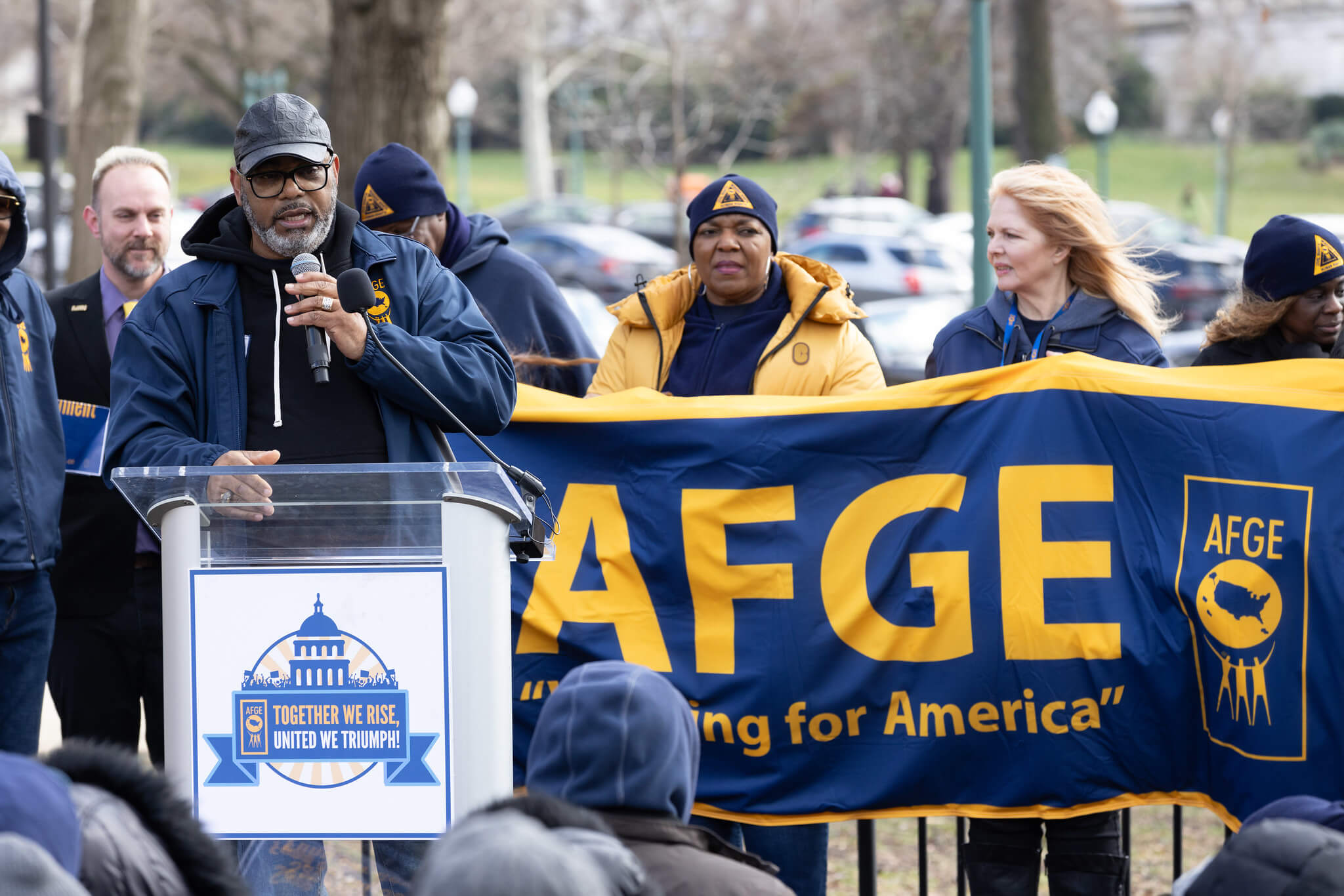Today's Headlines and Commentary
For the first time since 2015, North and South Korean officials met at the Panmunjom “truce village” on Tuesday to rekindle talks between the neighboring states, according to the New York Times.
Published by The Lawfare Institute
in Cooperation With

For the first time since 2015, North and South Korean officials met at the Panmunjom “truce village” on Tuesday to rekindle talks between the neighboring states, according to the New York Times. North Korea said it will send athletes to the Winter Olympics in South Korea this February, with special attention being paid to the figure skating pair who will likely be the only North Korean athletes to qualify. South Korean officials also proposed reopening an expired program that temporarily brings together family members separated since the Korean War.
After 11 hours of negotiations, North Korea’s negotiator, Ri Son Gwon, emphasized in a joint statement with South Korean officials that Pyongyang would not engage in negotiations with South Korea concerning its nuclear arms, Reuters reports. Ri stated that Pyongyang’s weapons “are only aimed at the United States, not our brethren, nor China and Russia,” and that pushing the issue during talks would unravel the discussion’s “good achievement into nothing.”
Just as talks between Pyongyang and Seoul are warming up, reports say the U.S. is quietly considering a limited military strike against Pyongyang, the Wall Street Journal reports. Described as a “bloody nose” strategy, U.S. officials are now debating the benefits of a targeted strike in North Korea in response to a nuclear test. The goal of such a strike would be to chastise Pyongyang without causing escalation, though such an outcome remains contentious among officials.
Despite suspicion among U.S. intelligence officials, the Chinese telecommunications company Huawei is expanding rapidly in the global market, the Wall Street Journal reports. U.S. congressional investigators first warned in 2012 that Huawei’s equipment could be an instrument for Chinese spying or interference in American telecommunications. Since then, Huawei is now serving 45 out of the world’s 50 largest wireless carriers and expanding to 170 countries in an increasing market domination that U.S. intelligence officials now fear might expand to U.S. carriers. In a letter sent last month, the Senate and House intelligence committees requested that the Federal Communications Commission be briefed on the 2012 security concerns. One of Huawei’s chief executives stated that the company “is not a vehicle for any government or any agency of putting surveillance on another country.”
On Tuesday, the Syrian military accused Israel of missile attacks that were directed at a Damascus outpost, according to the Washington Post. Israeli Prime Minister Benjamin Netanyahu did not confirm the attack on Tuesday, but he reiterated the Israeli policy of “prevent[ing] the transfer of game-changing weapons to Hezbollah from Syrian territory,” noting that Israel “back[s] it up as necessary with action.”
The Islamic Republic’s supreme leader, Ayatollah Ali Khamenei, proclaimed Iran has thwarted attempts by foreign actors to turn Iran’s protests into an insurgency, Reuters reports. Khamenei highlighted President Donald Trump’s support of the Iranian protests, calling Trump an “unstable man” who “must realize that these extreme and psychotic episodes won’t be left without a response.” Iran’s leader also faulted Israel and Saudi Arabia for the protests.
The Justice Department is considering seeking the death penalty for Sayfullo Saipov, the suspect in last November’s Manhattan terrorist attack that killed eight people, according to the Journal. Trump has publicly called for the death penalty for the suspect. Attorney General Jeff Sessions is expected to approve more death penalty cases under the Trump administration in what Sessions has described as a “value tool” in deterring and punishing “heinous crimes.”
ICYMI, Yesterday on Lawfare
Jonathan Rauch suggests Steve Bannon’s use of the “T-word” was good for the country.
Bob Bauer calls Trump’s threatened litigation against the author and publisher of Fire and Fury a blow against democratic norms.
Elena Chachko asks whether the government is due for another Iran certification showdown.
Stewart Baker posted the Cyberlaw Podcast featuring Mara Hvistendahl.
Vanessa Sauter shared the Doe and ACLU v. Mattis memorandum in opposition to motion.
Email the Roundup Team noteworthy law and security-related articles to include, and follow us on Twitter and Facebook for additional commentary on these issues. Sign up to receive Lawfare in your inbox. Visit our Events Calendar to learn about upcoming national security events, and check out relevant job openings on our Job Board.




.jpg?sfvrsn=407c2736_6)
